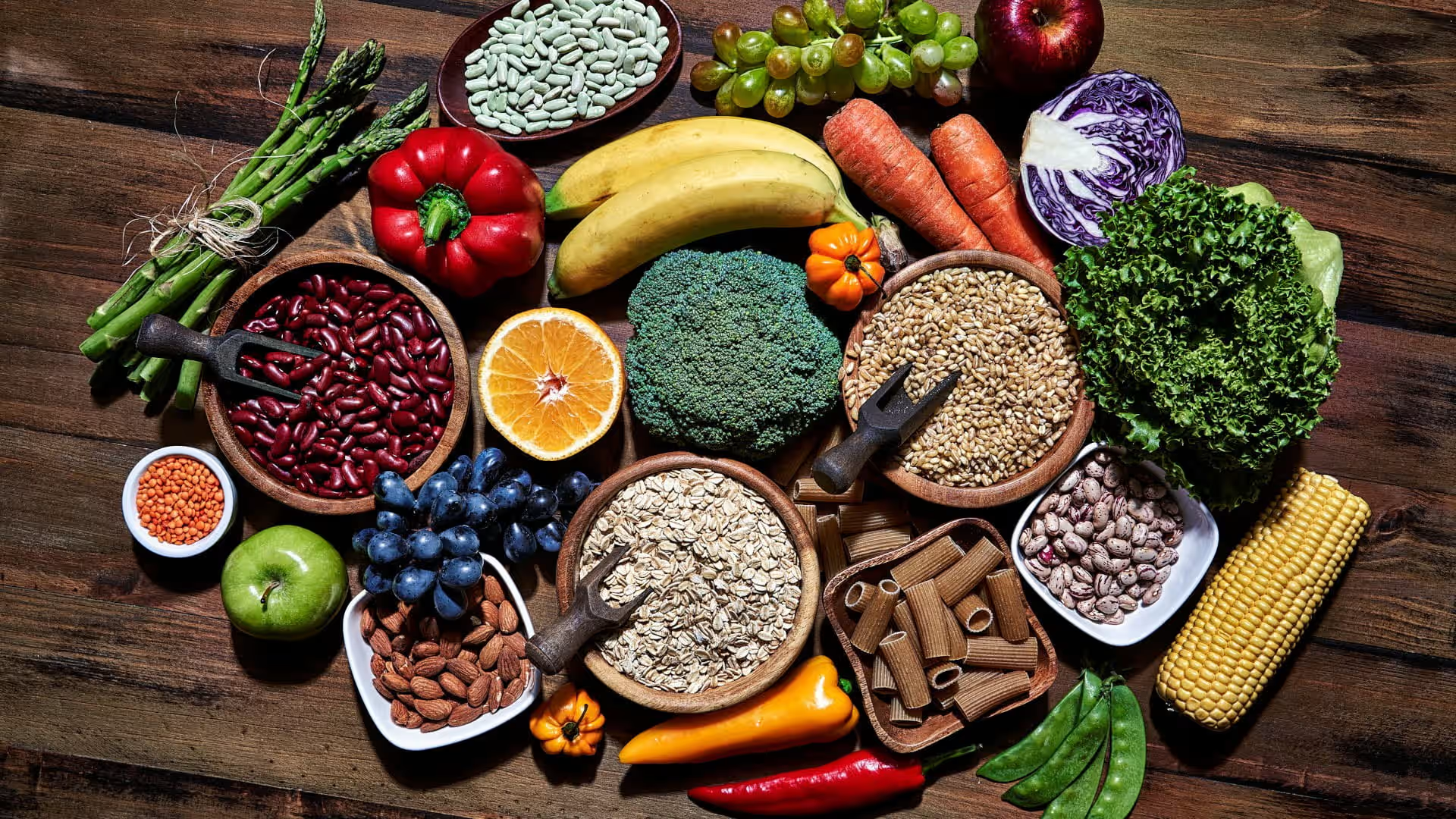
Love Your Lungs Week, June 21st-27th, is a crucial time dedicated to raising awareness about lung health and the importance of maintaining healthy lungs. Our lungs play a vital role in our overall well-being, and taking care of them should be a top priority. This week offers an opportunity to learn more about lung health, the risks associated with poor lung care, and the steps we can take to ensure our lungs remain in the best possible condition.
Our lungs are responsible for supplying oxygen to our bloodstream and removing carbon dioxide from our body. This essential function supports all other bodily systems, making lung health integral to our overall health. Healthy lungs enable us to live active, fulfilling lives, whereas compromised lung function can significantly impact our quality of life.
Several conditions can affect lung health, including:
Recognizing the early signs of lung problems is crucial for timely intervention. Common symptoms to watch for include:
If you experience any of these symptoms, it's important to consult a healthcare provider. Early diagnosis and treatment can significantly improve outcomes and quality of life.
Love Your Lungs Week is an excellent reminder to prioritise lung health. By adopting healthy habits, staying informed about the risks, and seeking timely medical advice, we can ensure our lungs stay healthy and strong. Remember, healthy lungs are essential for a healthy life.
Take this week as an opportunity to learn more, make positive changes, and spread awareness about the importance of lung health. Your lungs will thank you!
Click here to book an appointment with one of our doctors.





